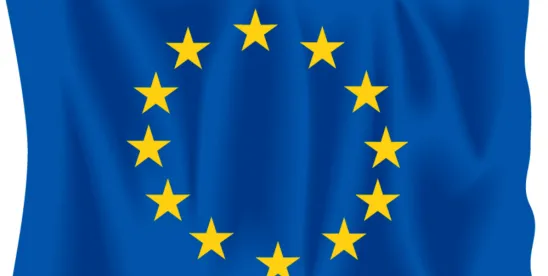Influencer activities in the European Union may be deemed unfair market practices, potentially harming the brands they promote.
The influencer marketing industry has experienced significant growth, with its global value reaching approximately $24 billion in 2024. Brands often turn to this form of advertising, not always realizing that influencer activities may be scrutinized for compliance with consumer protection laws. Enforcement in Europe is increasing, and non-compliant actions may harm the reputation and credibility of both influencers and the brands they promote.
Influencer Marketing Under EU Law
The European Commission classifies influencers engaged in commercial activities—such as promoting brands and receiving compensation—as “traders” under the unfair commercial practices directive (Directive 2005/29/EC Of European Parliament and of the Council of 11 May 2005, concerning unfair business-to-consumer commercial practices in the internal market). This classification requires influencers to comply with consumer protection laws, including transparency requirements for advertising disclosures.
Failure to disclose paid partnerships or affiliate marketing links may be considered a misleading commercial practice under EU law. The European Commission actively monitors influencer marketing and provides guidance and compliance tools through its Influencer Legal Hub.
Increasing Enforcement Actions Across Europe
National competition authorities from different jurisdictions are increasing enforcement actions against influencers and brands that appear to lack transparency in advertising. In Spain, investigations on social media content revealed that approximately 77.75% of the examined content did not comply with disclosure obligations. Many European jurisdictions have acted to raise awareness among influencers and the agencies representing them. The Italian antitrust authority regularly sends “moral suasion letters” to influencers violating consumer protection laws. However, in several countries, regulators have imposed financial penalties on influencers for breaching consumer rights, including in France, Latvia, Romania, Norway, Denmark, and Poland. The maximum amount of possible fines varies across jurisdictions. However, in some countries (e.g., Poland), maximum fines for such violations may be imposed at the same level as for the most serious competition law infringements (e.g., cartels), i.e., up to 10% of the company's annual turnover.
Considerations for Influencers
Some of the European Commission’s guidance housed in the Influencer Legal Hub includes the following:
- Clearly disclose advertising content: Influencers should inform audiences when content includes advertising and use clear labels such as “advertising” or “advertisement” in post or video language. Influencers should seek to avoid unclear or misleading terms when indicating advertising. Audiences should understand when they are viewing promotional content. Transparency is crucial to maintain trust and comply with legal obligations.
- Use appropriate hashtags: Incorporating clear disclosure hashtags like #advertising or #advertisement help to indicate promotional content.
- Label each promotional post individually: Posts, reels, or stories containing advertising should be individually labeled as such.
- Utilize platform disclosure features: Influencers should consider using disclosure tools that social media platforms provide, such as “paid partnership with” tags, when available.
- Ensure visibility and clarity of disclosures: Consider placing disclosure labels and hashtags at the beginning of posts or videos so they are easily noticeable to audiences.
Many national regulators have issued their own recommendations (Belgium, Denmark, Finland, Poland, Germany, Hungary, Ireland, Latvia, Lithuania, Norway, Portugal, Sweden), which may impose additional obligations for labeling advertising content. Advertisers and marketing agencies, in addition to influencers, may also be liable for non-compliance. Brands should ensure that contractual agreements require proper advertising disclosure.
In Poland, the national competition authority imposed a fine of PLN 5 million (USD 1.25 million) on a dietary supplements manufacturer for the misleading labeling of advertisements by influencers collaborating with the company on social media. According to the guidelines the company provided, the recommended practice included using vague ad disclosures, such as references solely to the advertiser’s brand.
Given Europe’s increasing regulatory scrutiny, companies engaging in influencer marketing should proactively review their compliance strategies.




 />i
/>i

